Well, not exactly. In this dialogue, an excerpt from a radio commercial broadcasting throughout Latin America, one neighbour advises another that Zika is a virus that causes mild fever, rash and red eyes. “Doctors suspect it could also be responsible for microcephaly in newborns,” he adds, “but there is nothing to fear if you just follow some basic rules.”
The radio commercials are just a part of what National Societies in Latin America are doing to combat the spread of Zika, a virus spread by the same kind of mosquito that also transmits dengue, chikungunya and yellow fever. Found throughout the Americas, except in Canada and parts of Chile, the virus is already affecting 46 countries, particularly hot and humid regions of Latin America.
Only one in four people with the Zika infection develops symptoms. The most common ones include low fever or rash, conjunctivitis, and muscle and joint pain, which appear a few days after a person has been infected by a mosquito or after sexual intercourse with an infected person. With no vaccine for Zika available, the best form of prevention is to avoid mosquito bites. In these photos, we take you along with Red Cross volunteers in Brazil, Colombia and El Salvador as they walk the streets, go door-to-door, visit schools, clean up rubbish and even hop on buses with the anti-Zika message. As Zika spreads more widely in the Americas, such front-line, community-level work could play a critical role controlling both this epidemic and future outbreaks of dengue and chikungunya.
 Red Cross Red Crescent magazine
Red Cross Red Crescent magazine 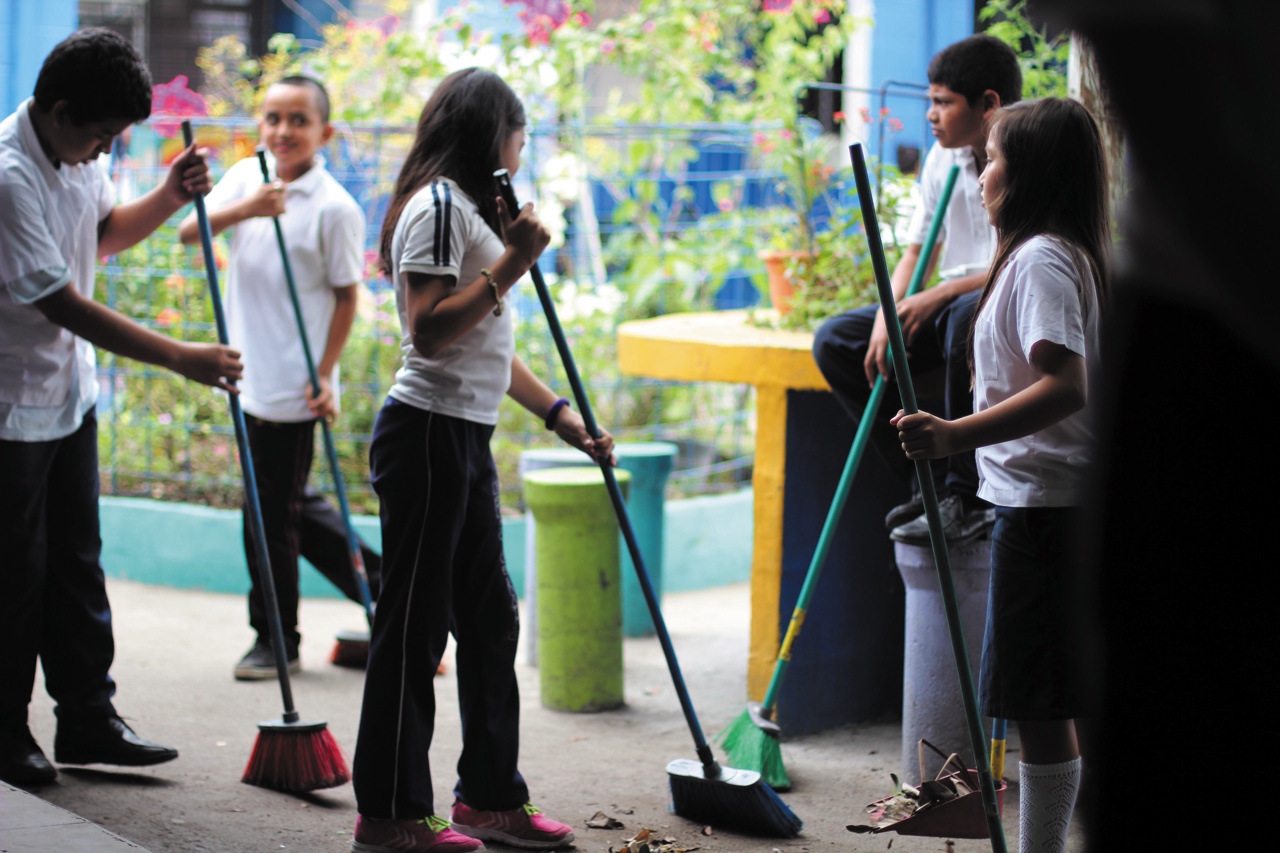
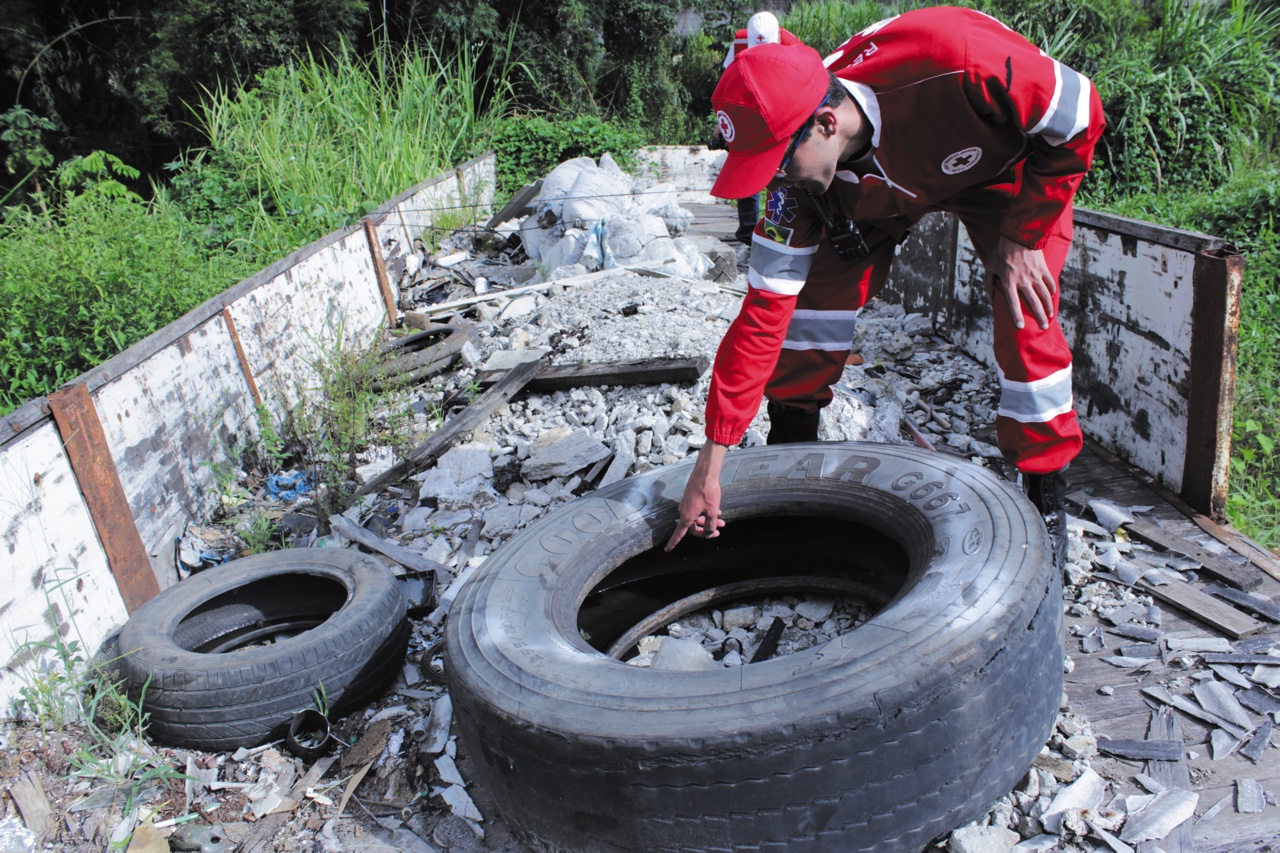
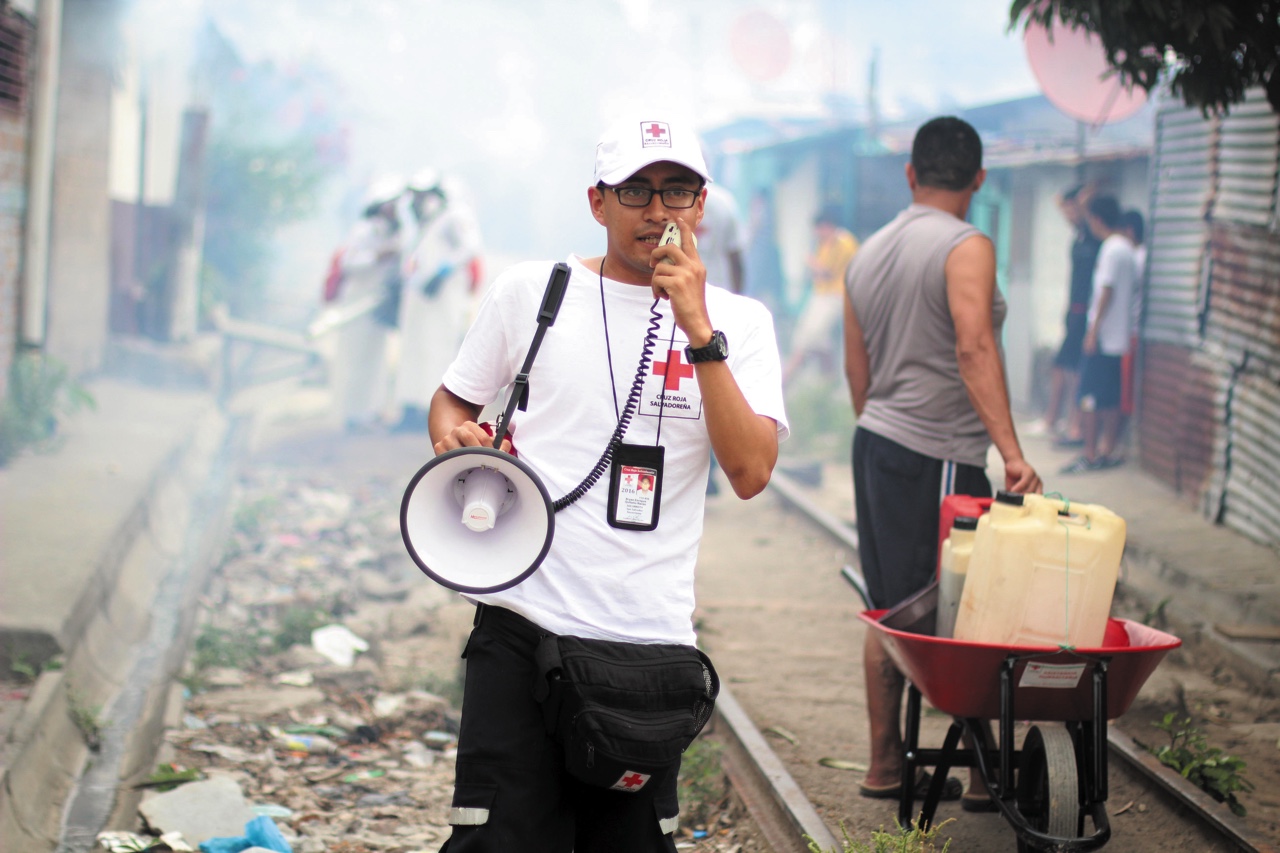
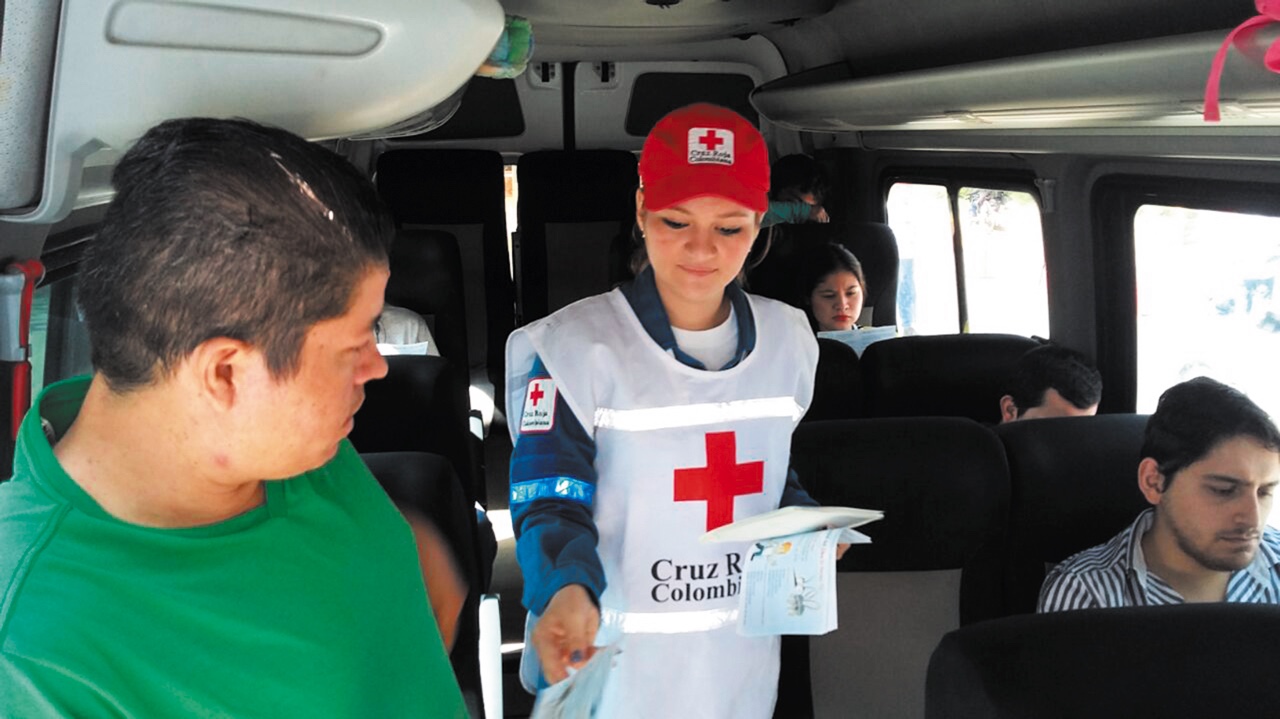
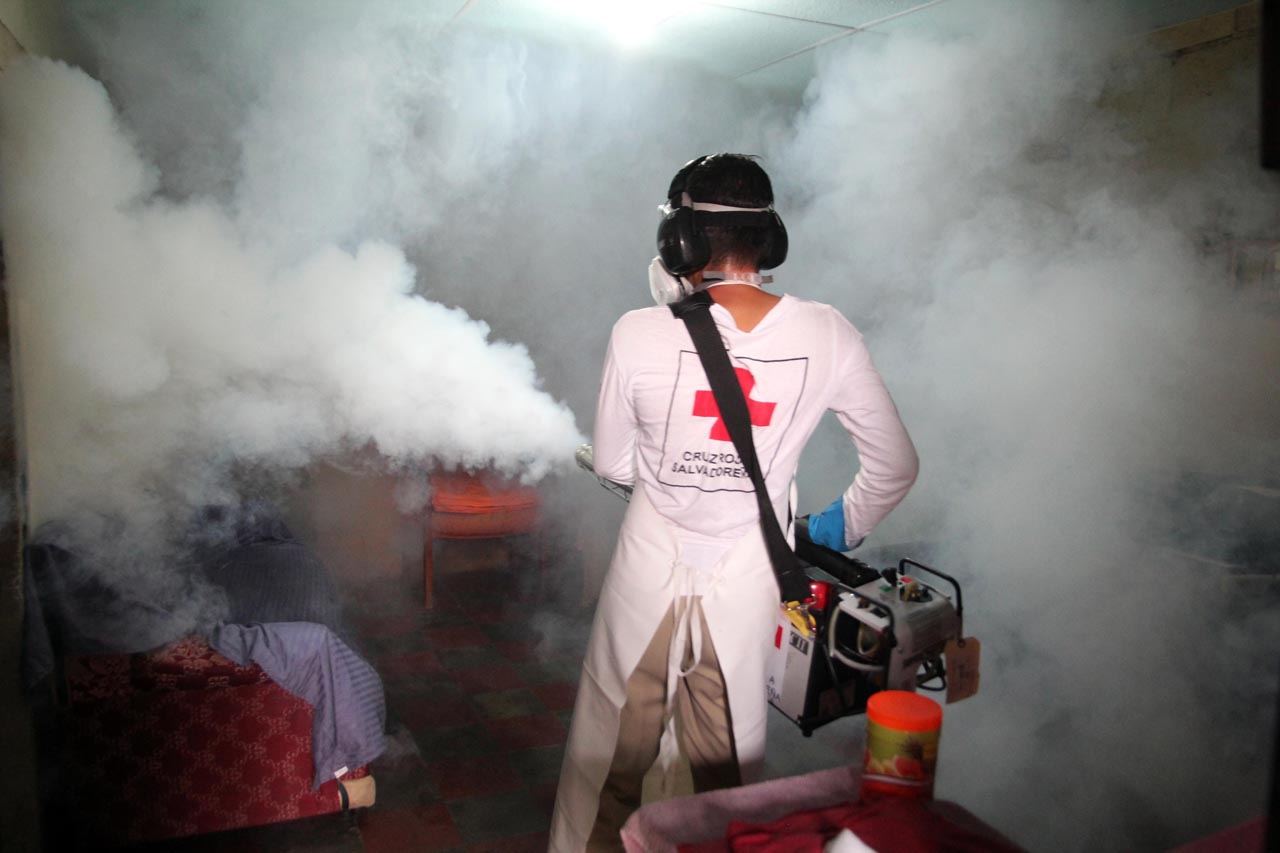
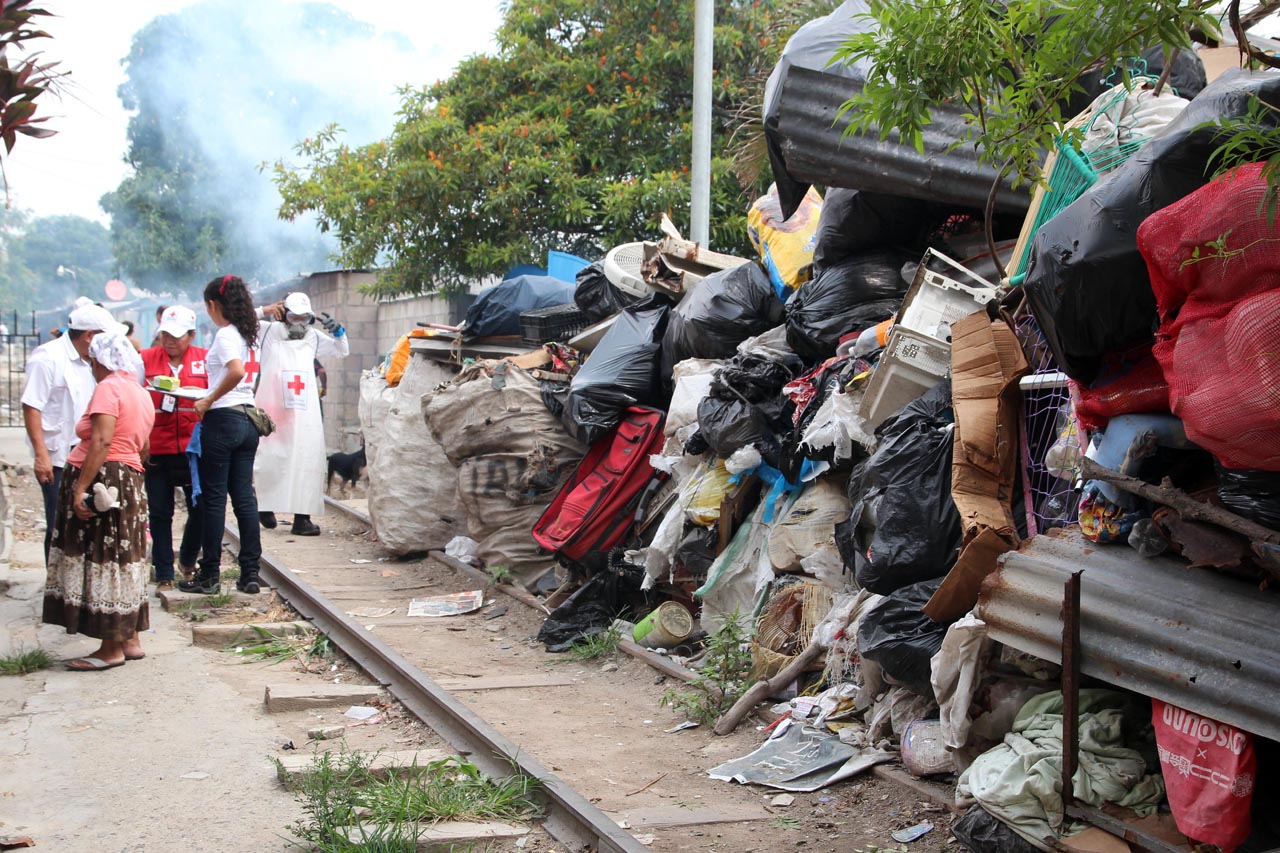
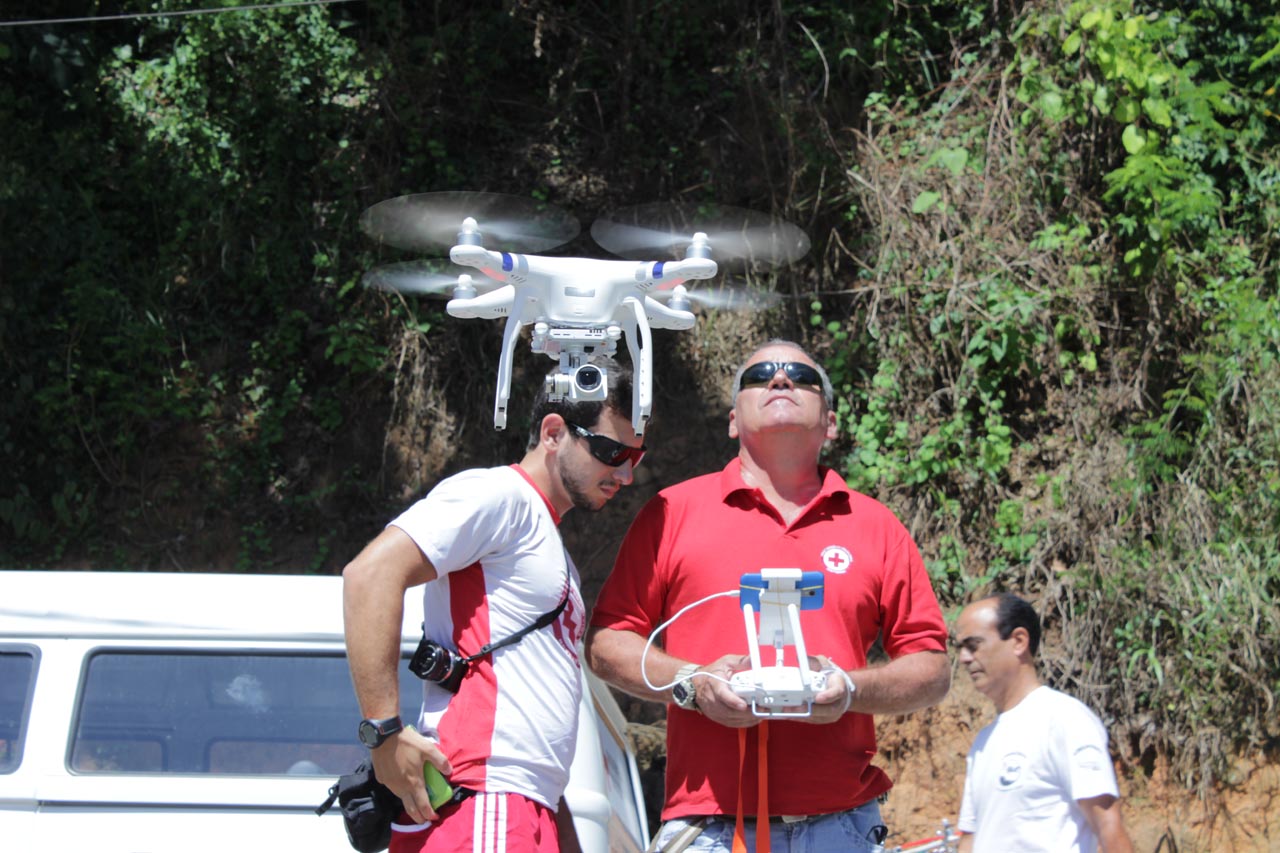
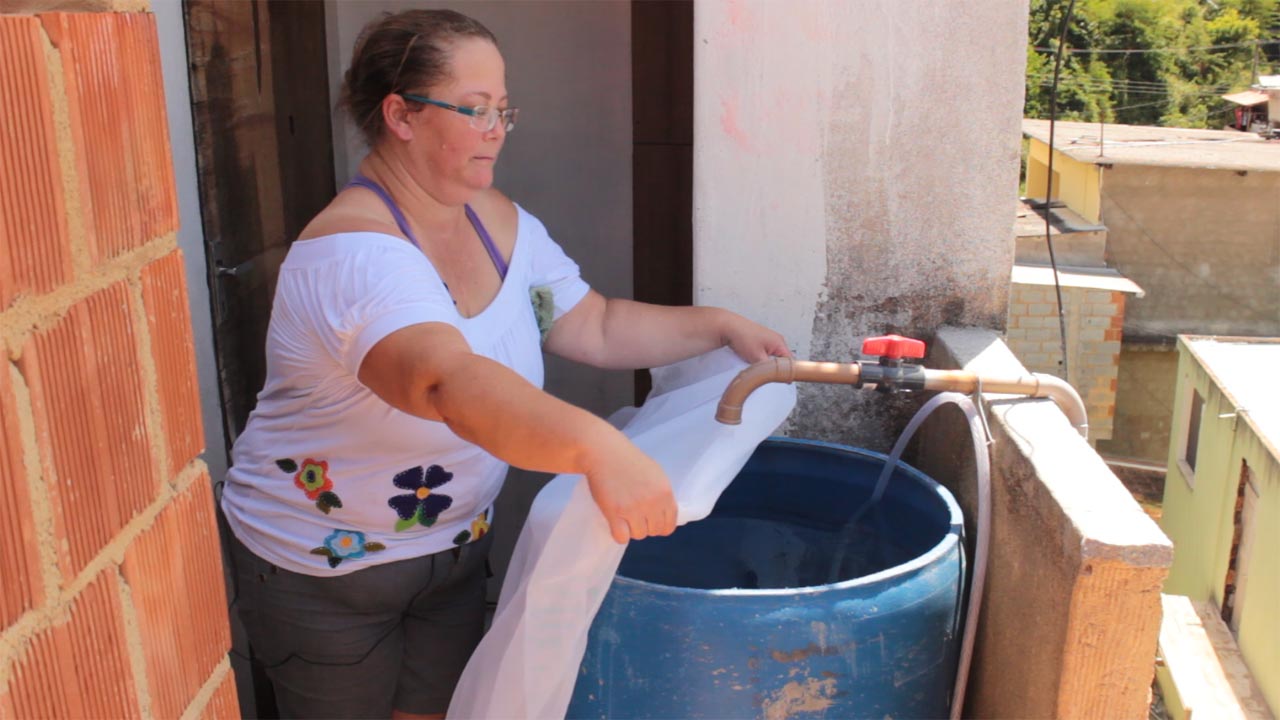
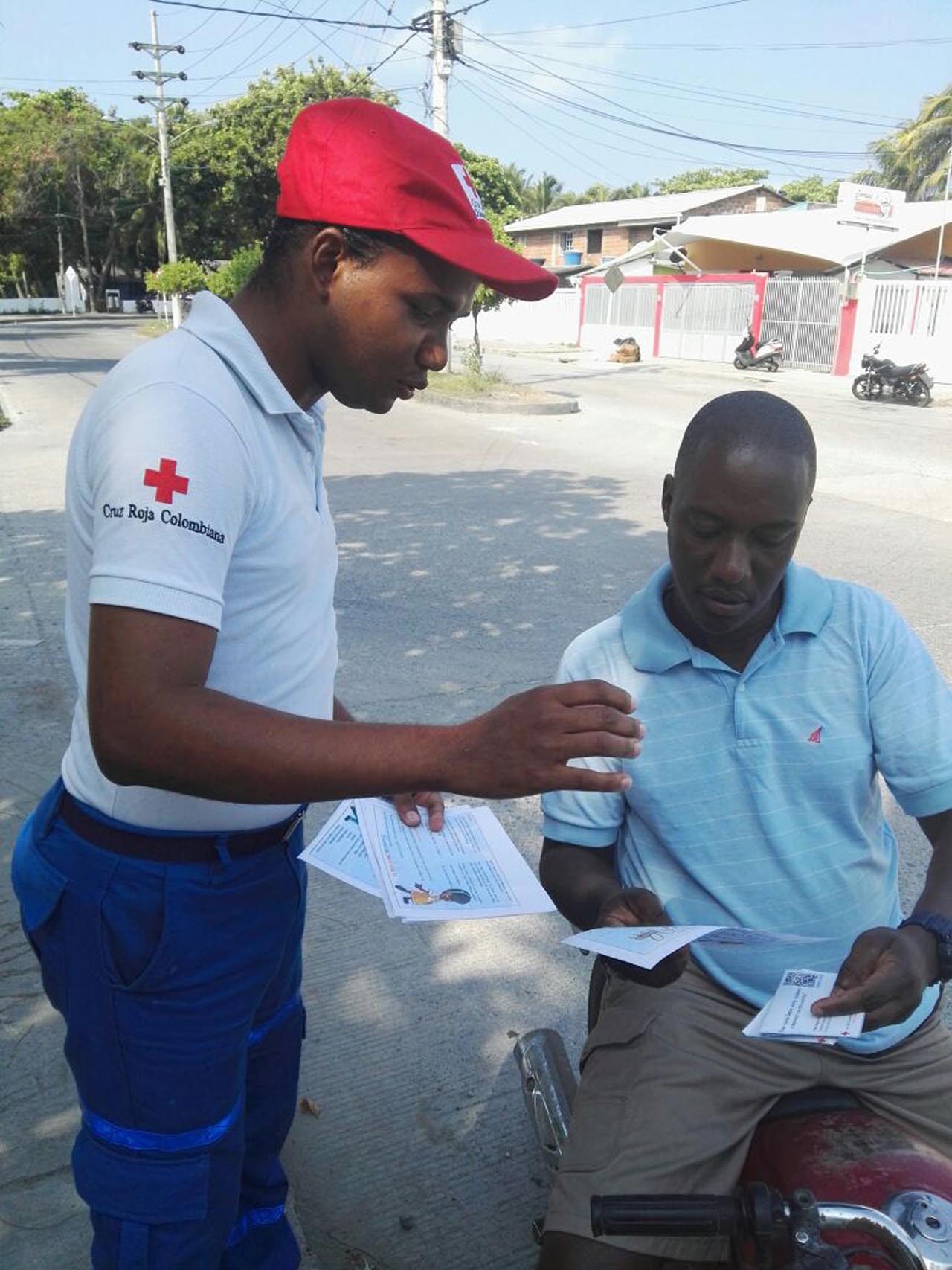






 Tech & Innovation
Tech & Innovation Climate Change
Climate Change Volunteers
Volunteers Health
Health Migration
Migration